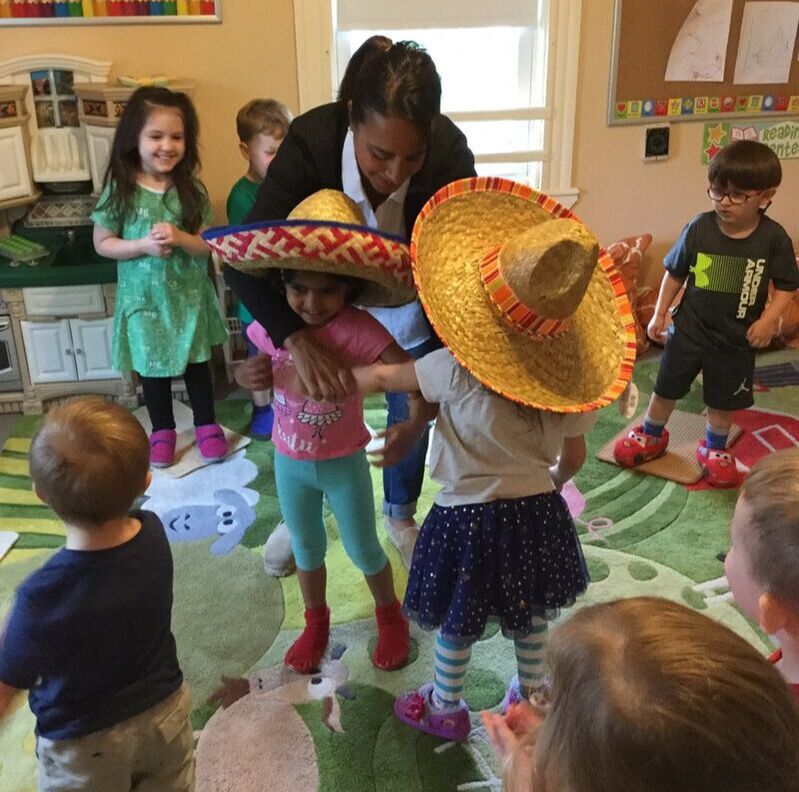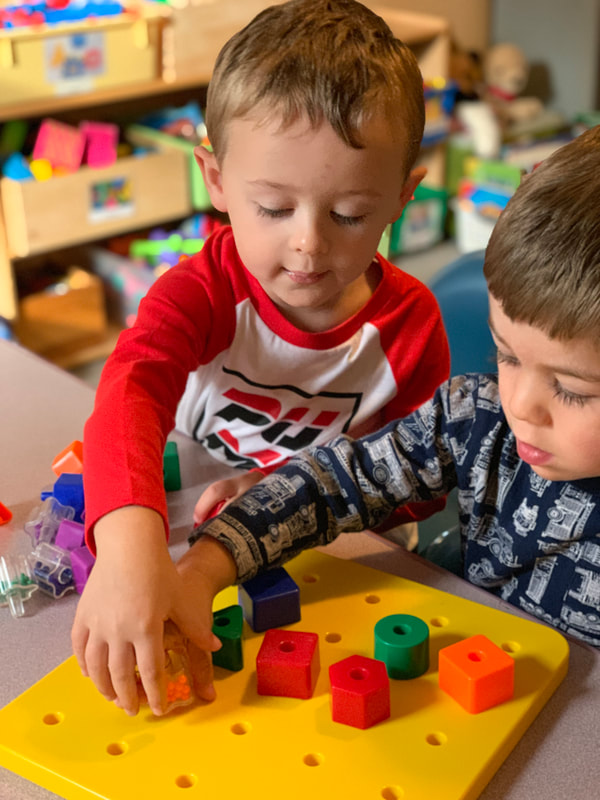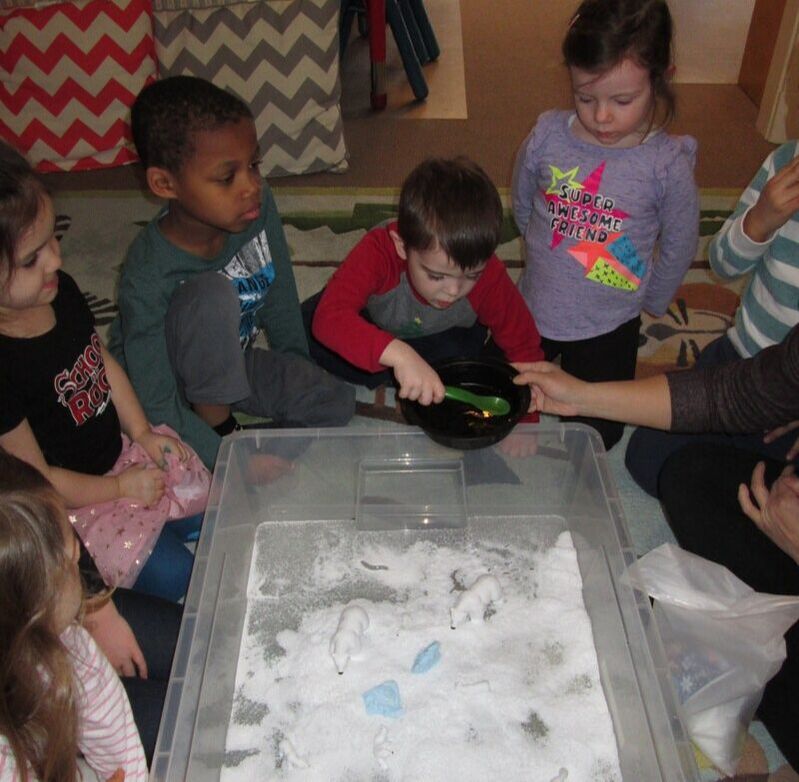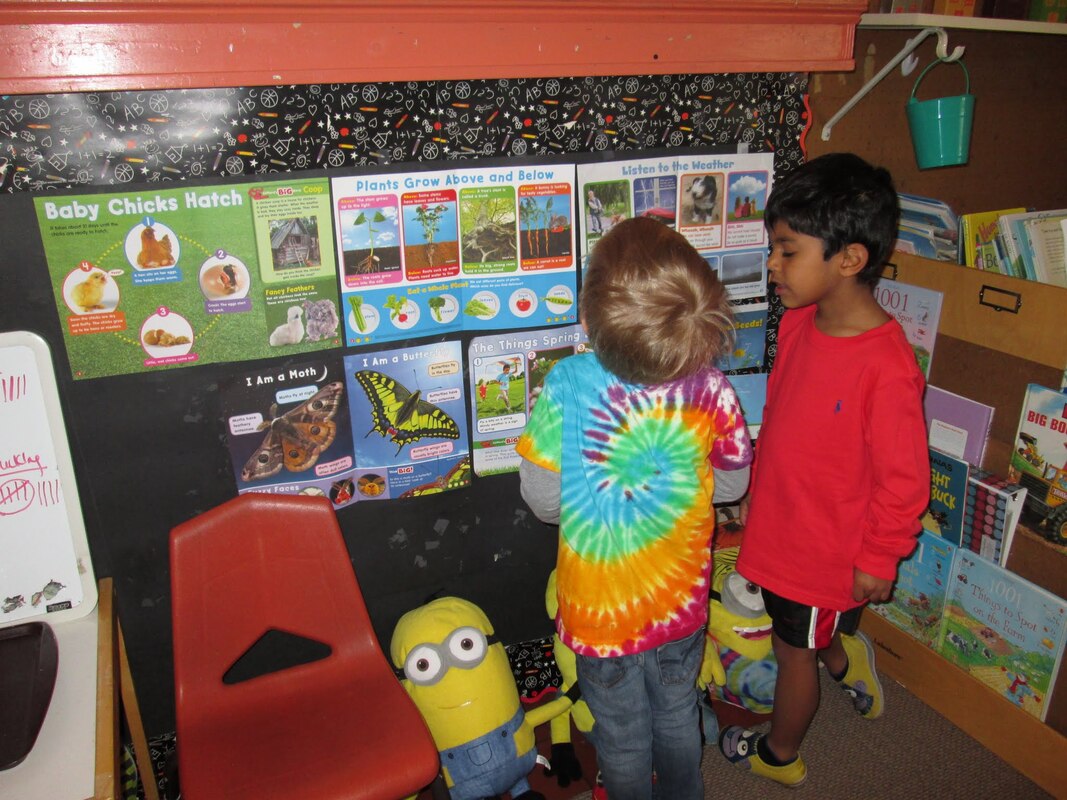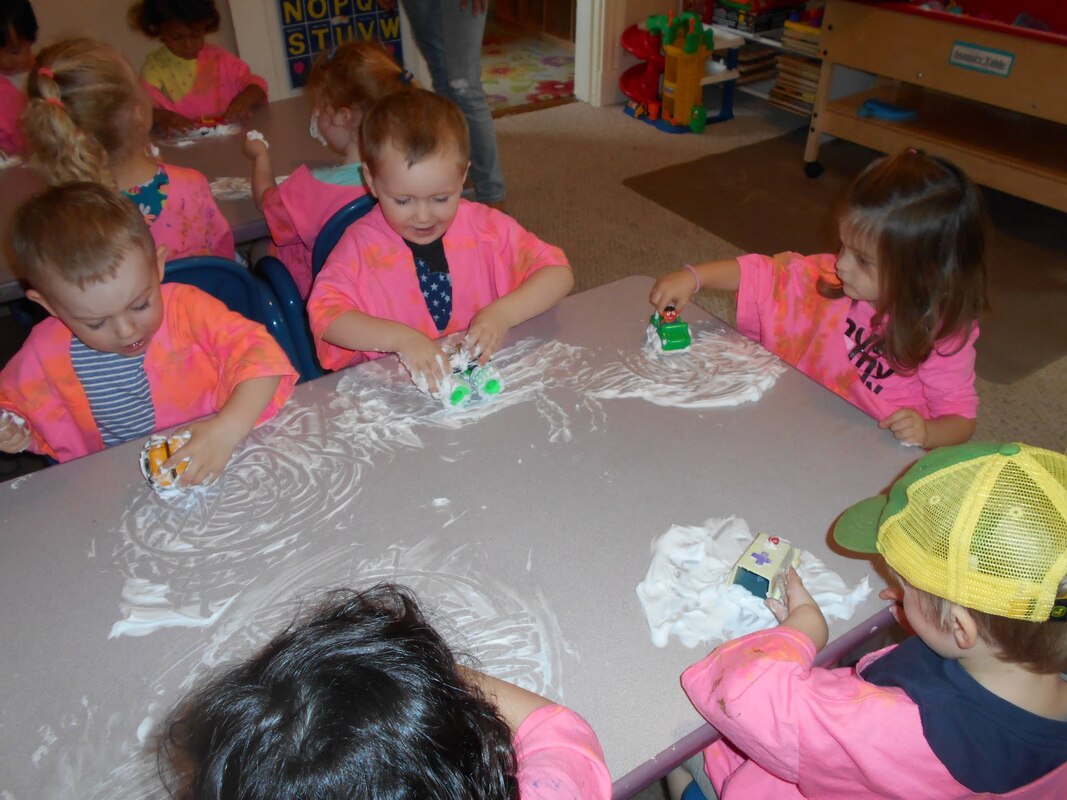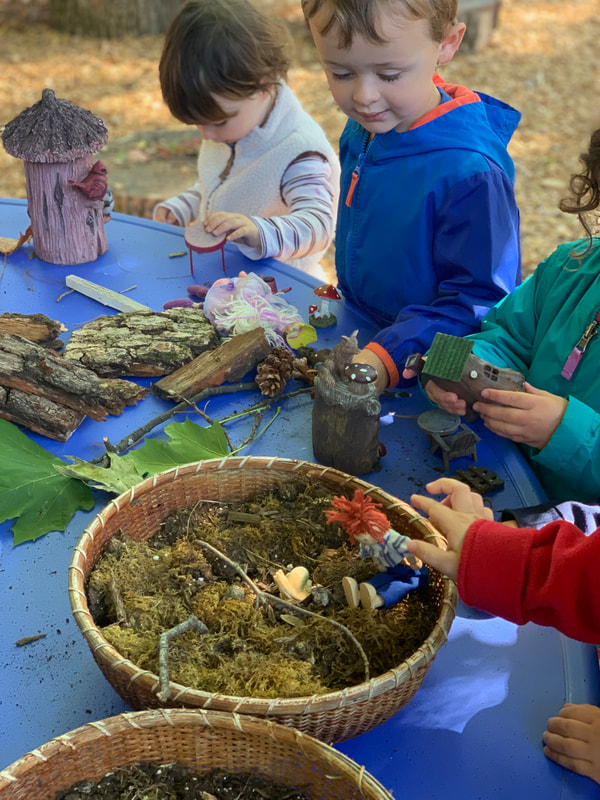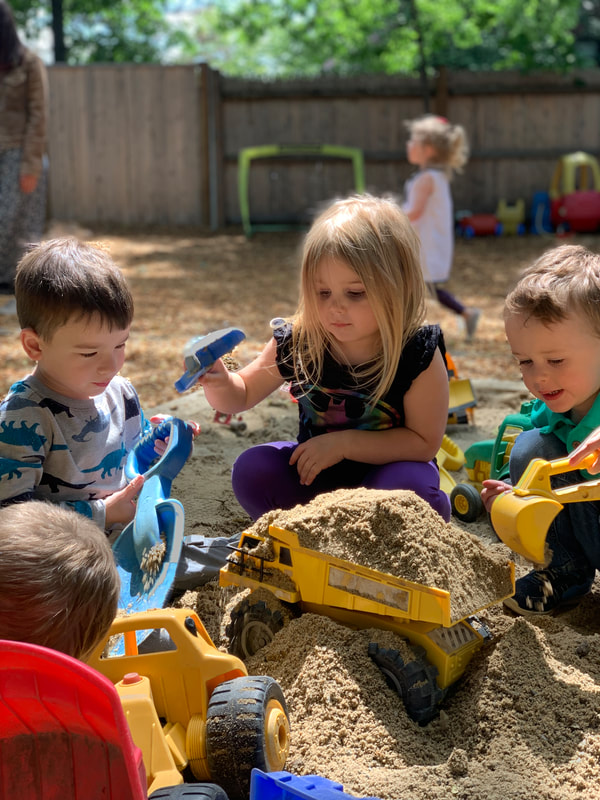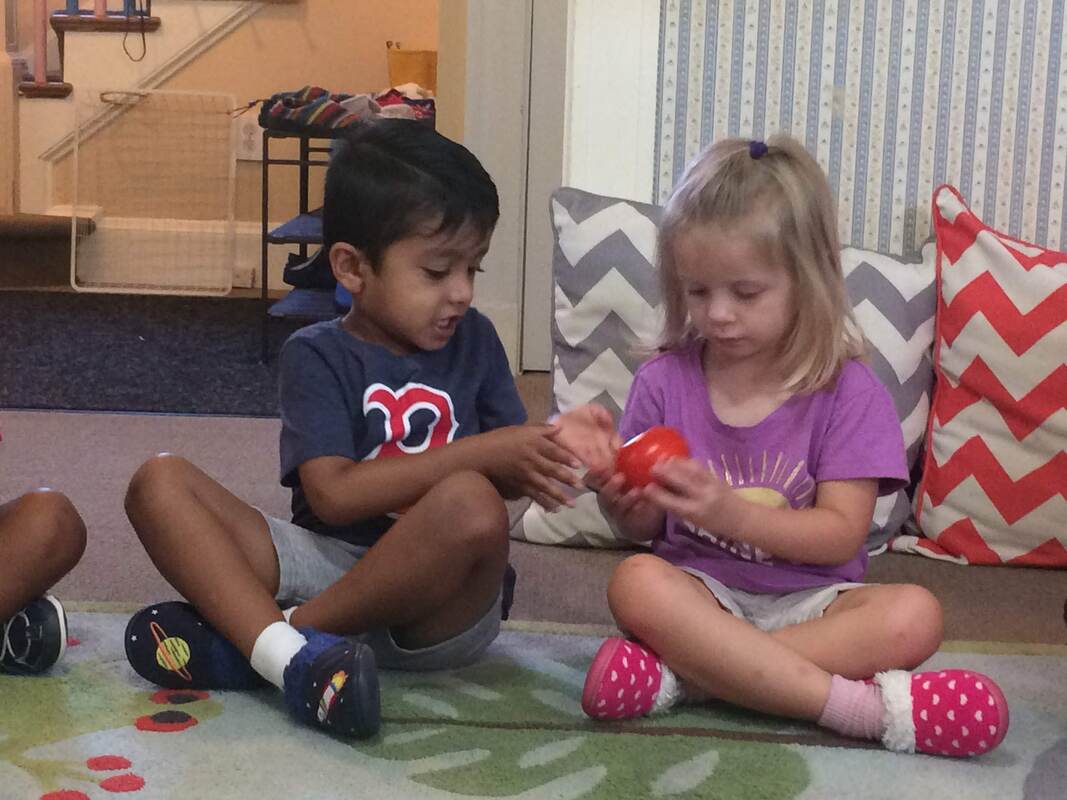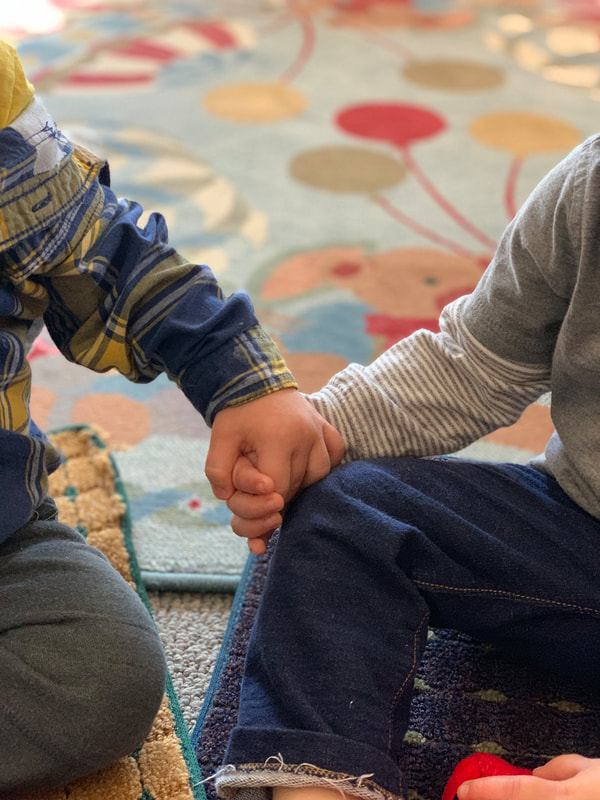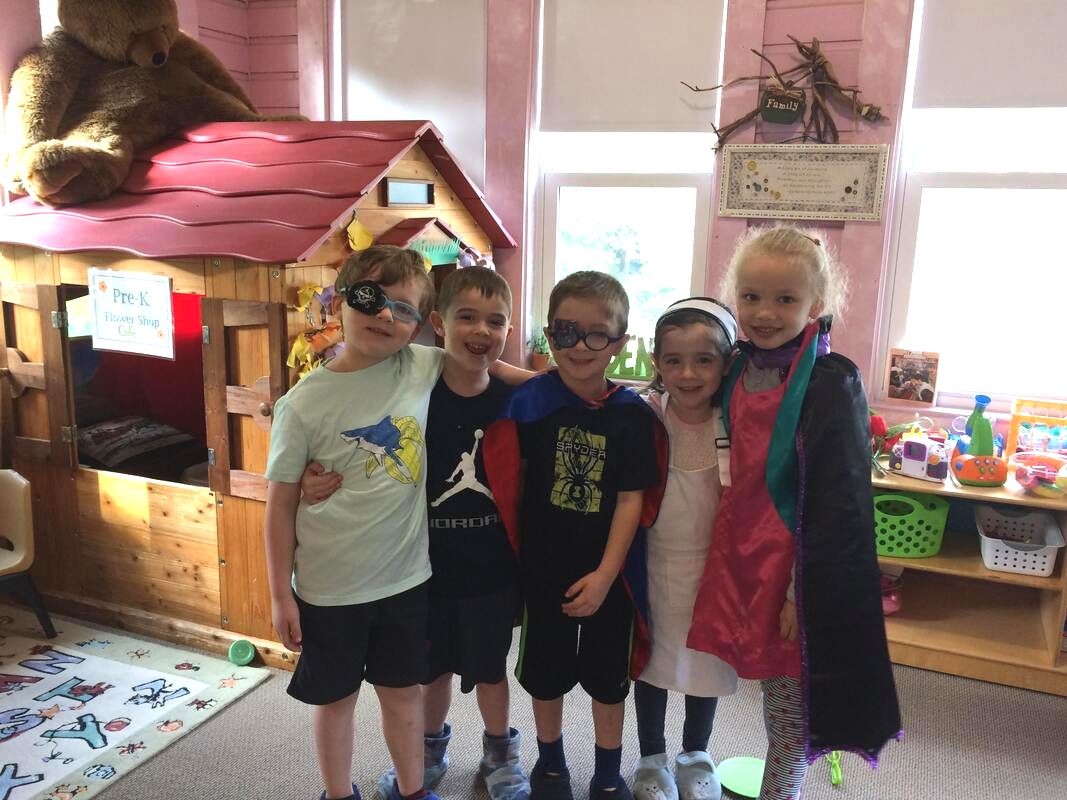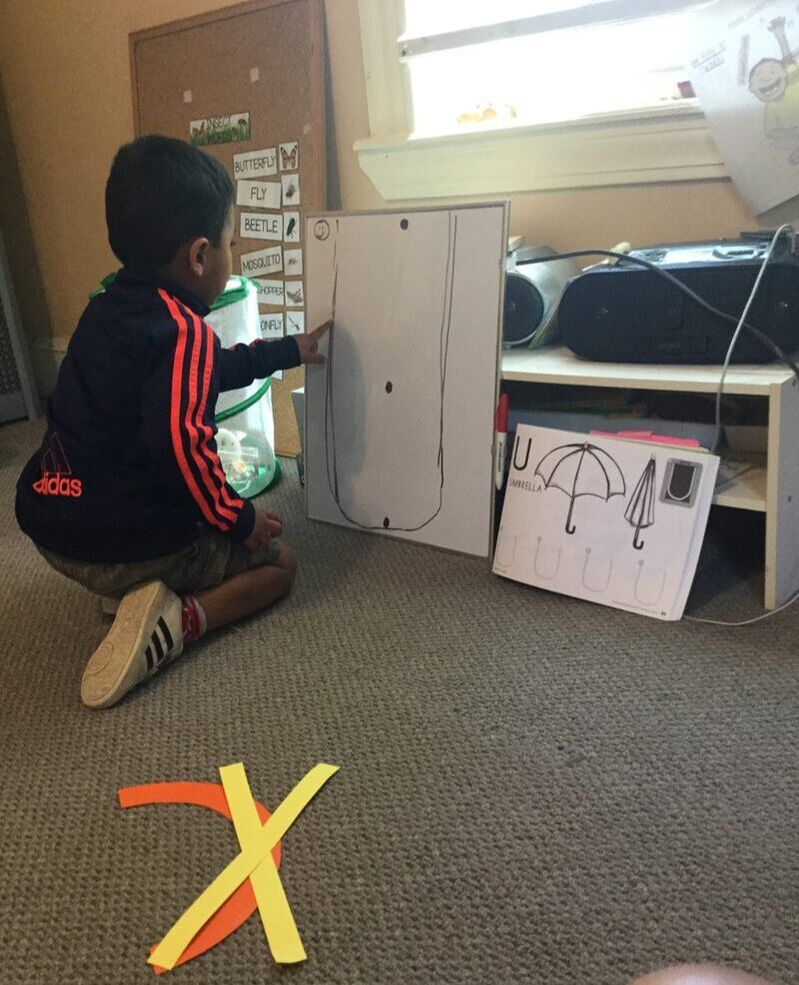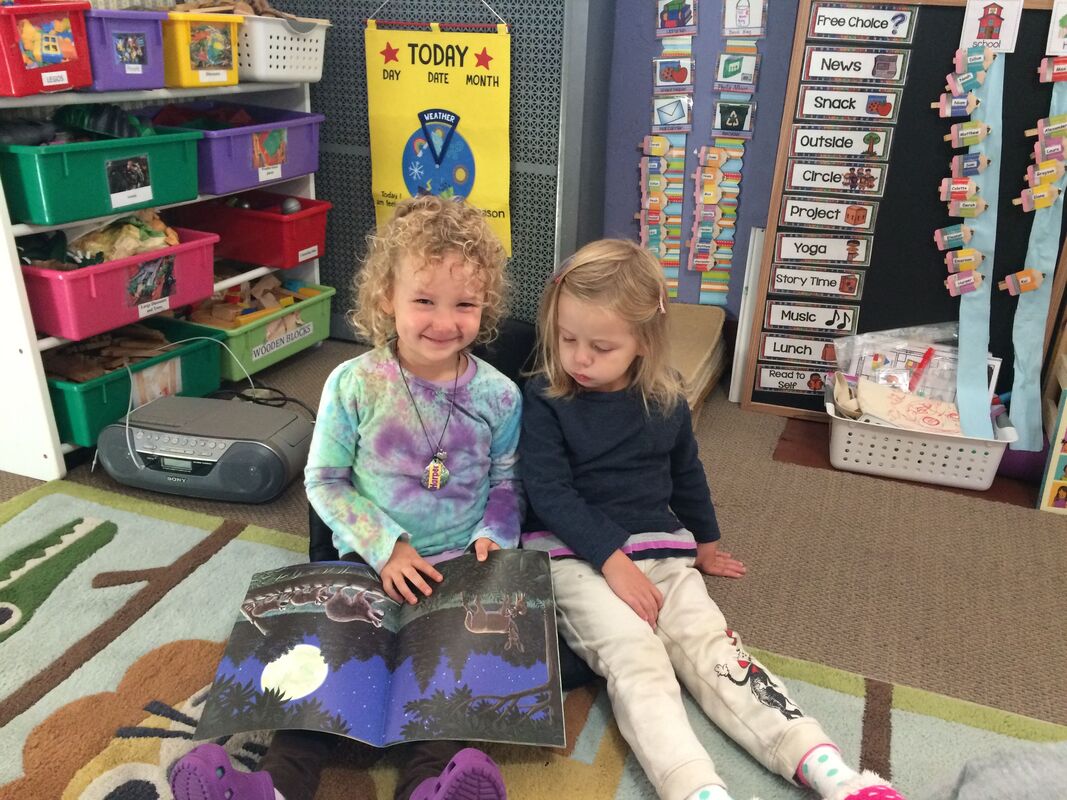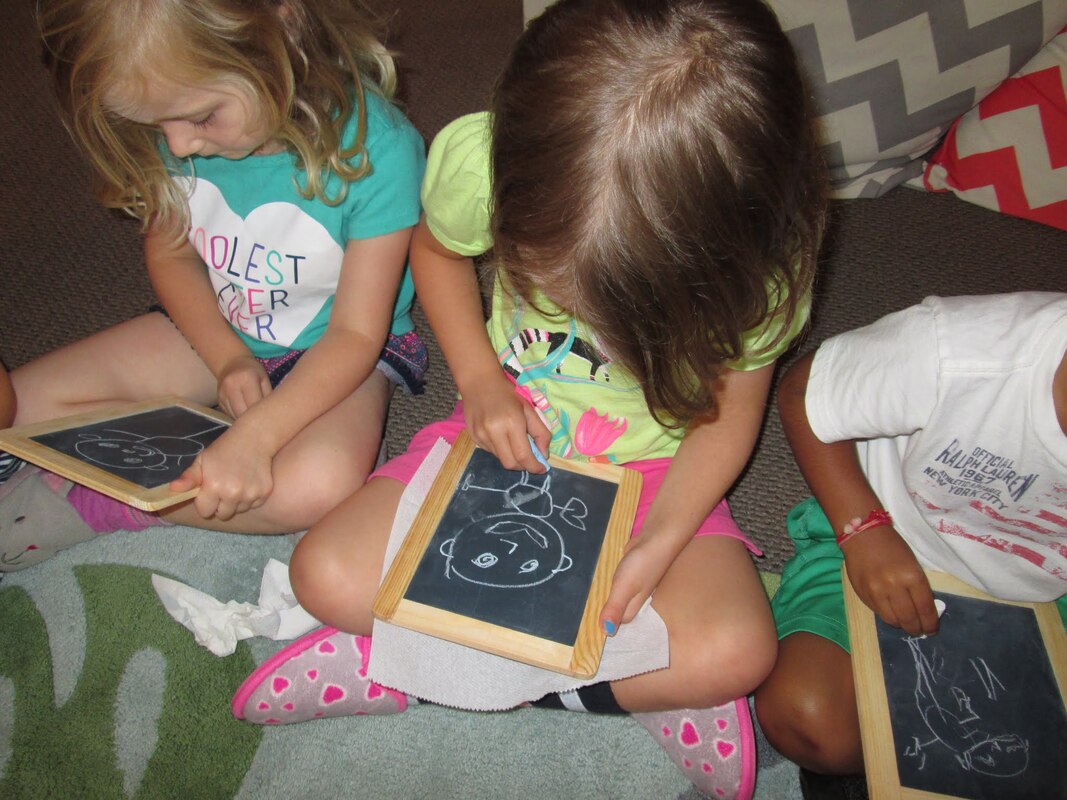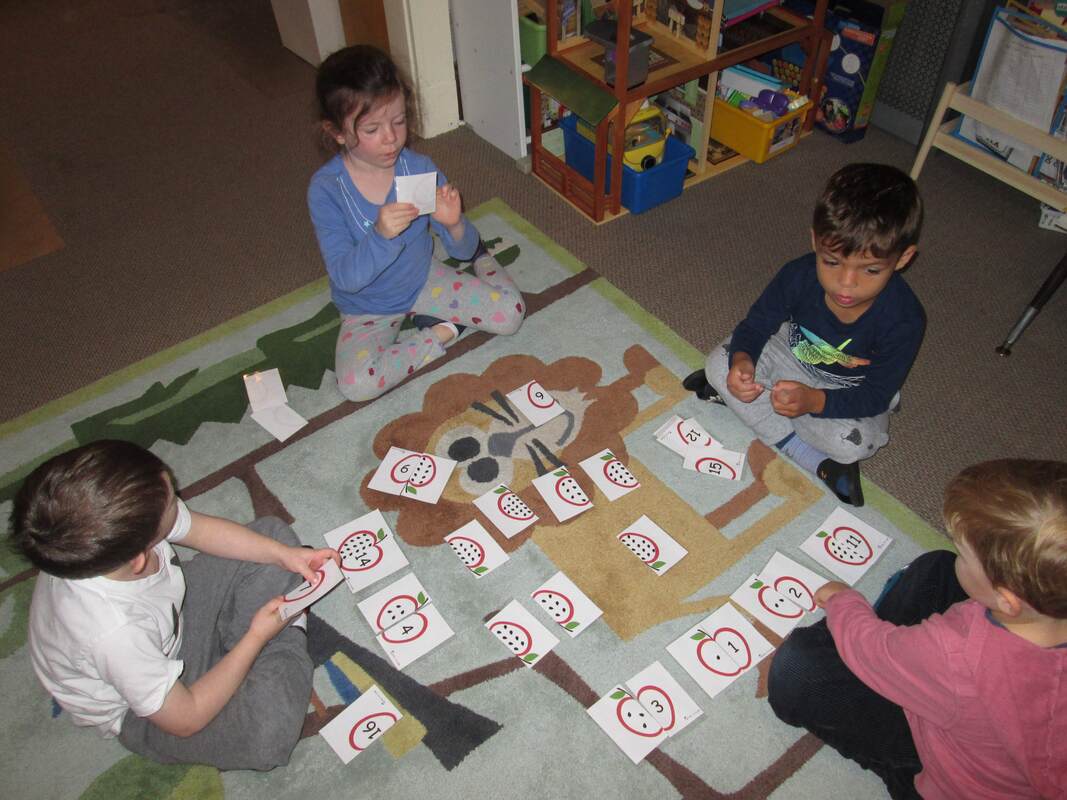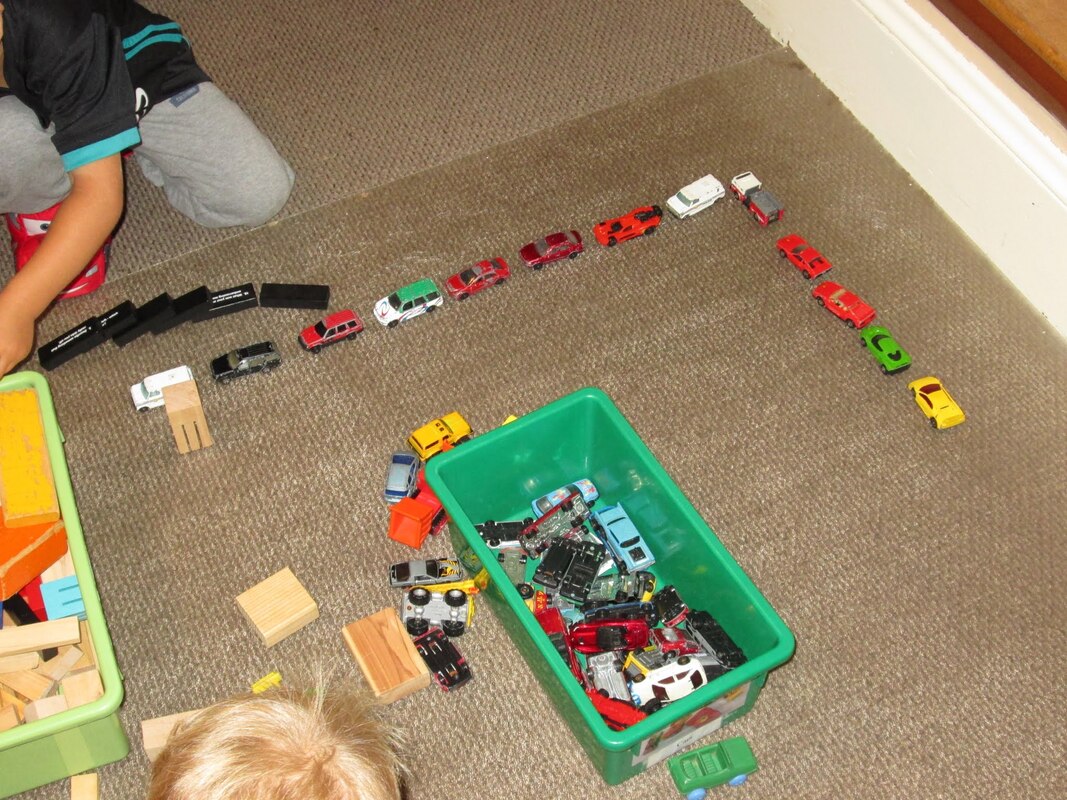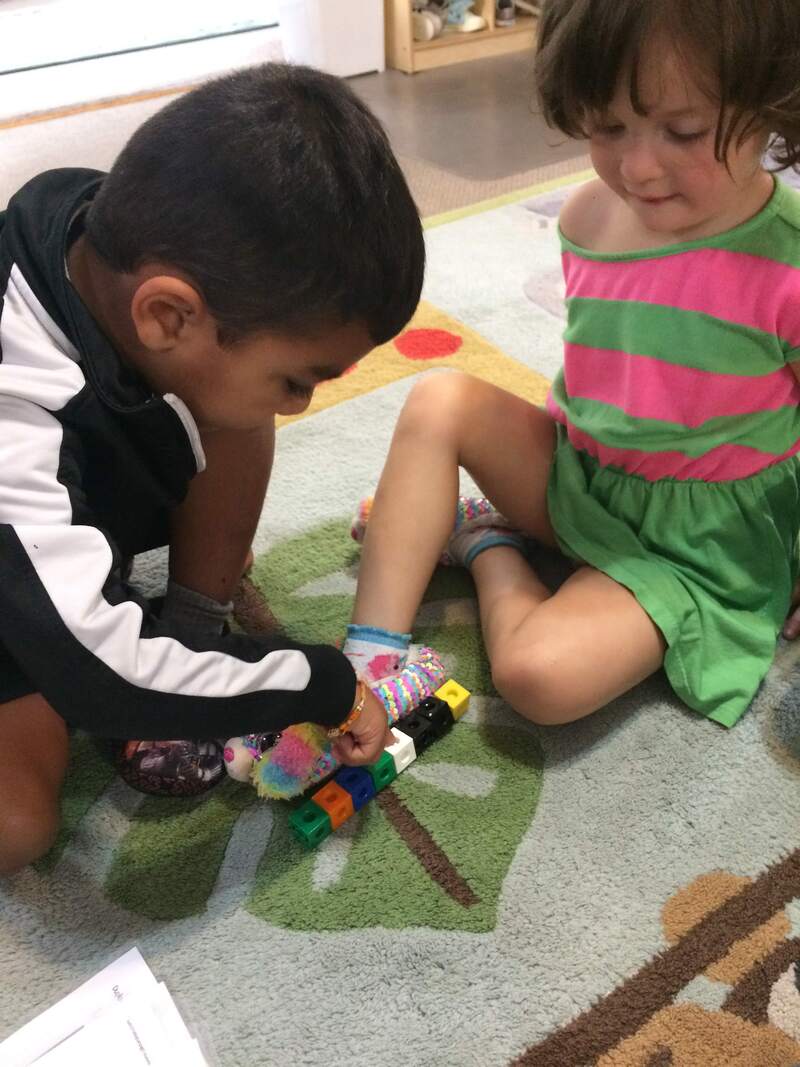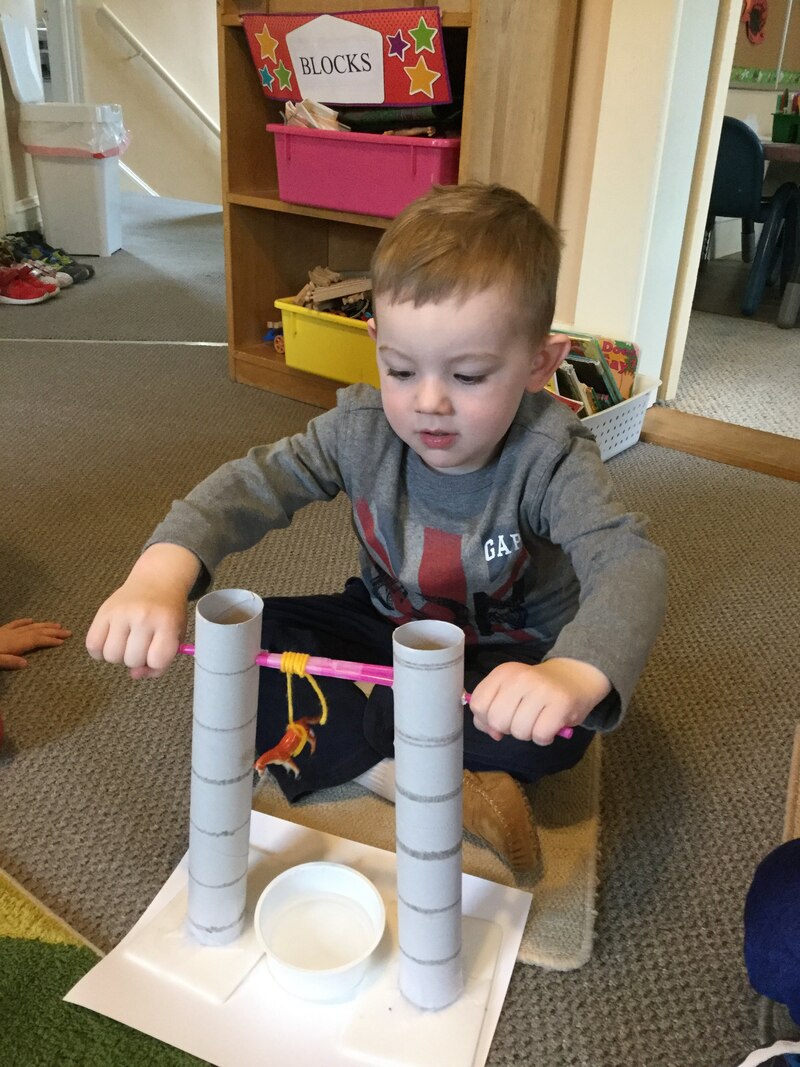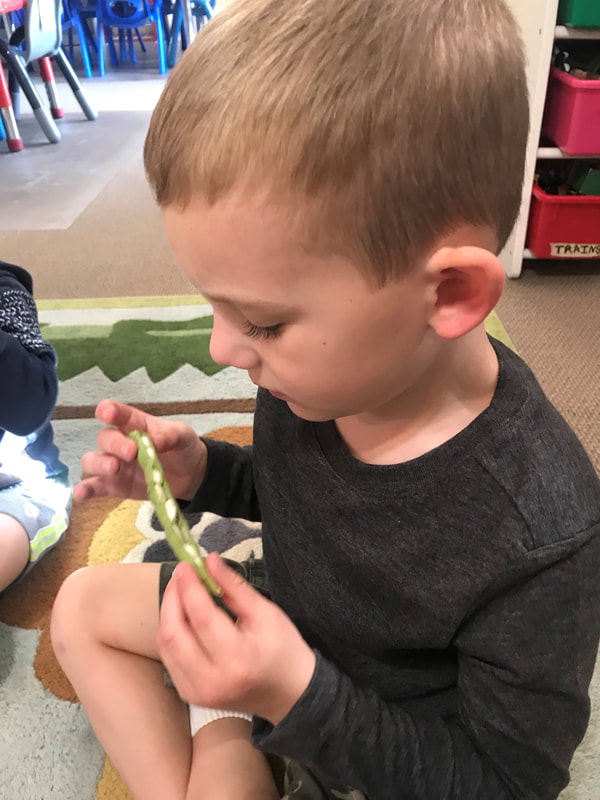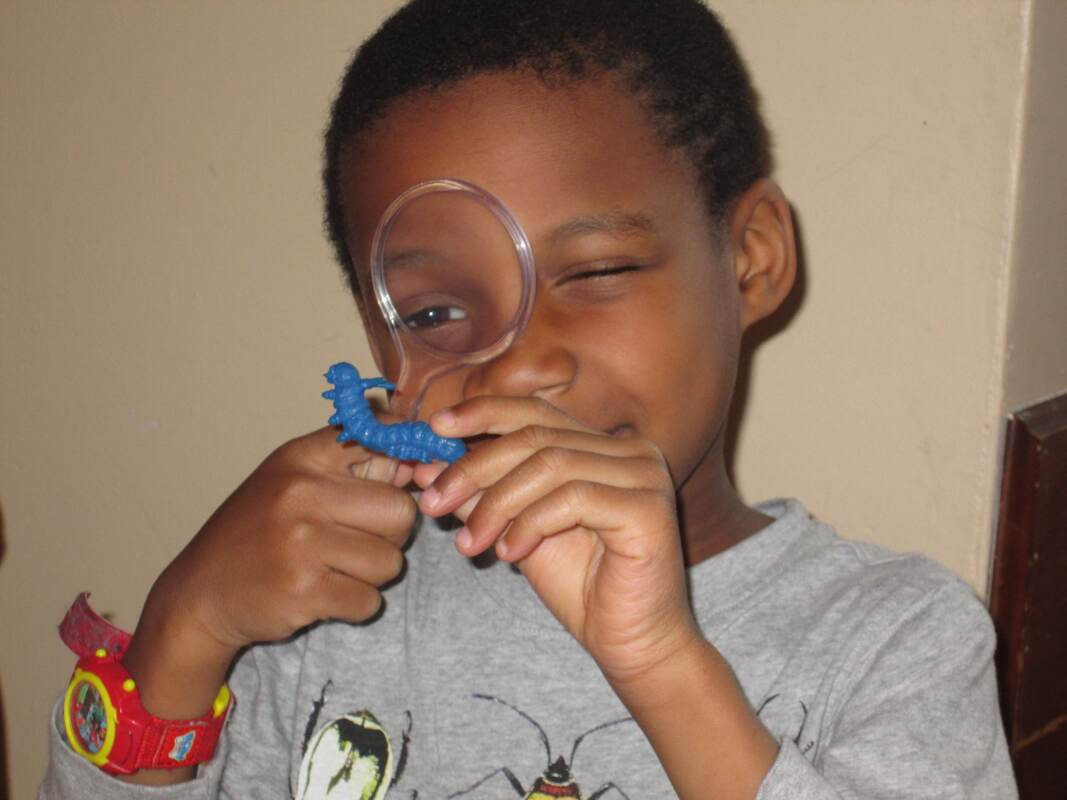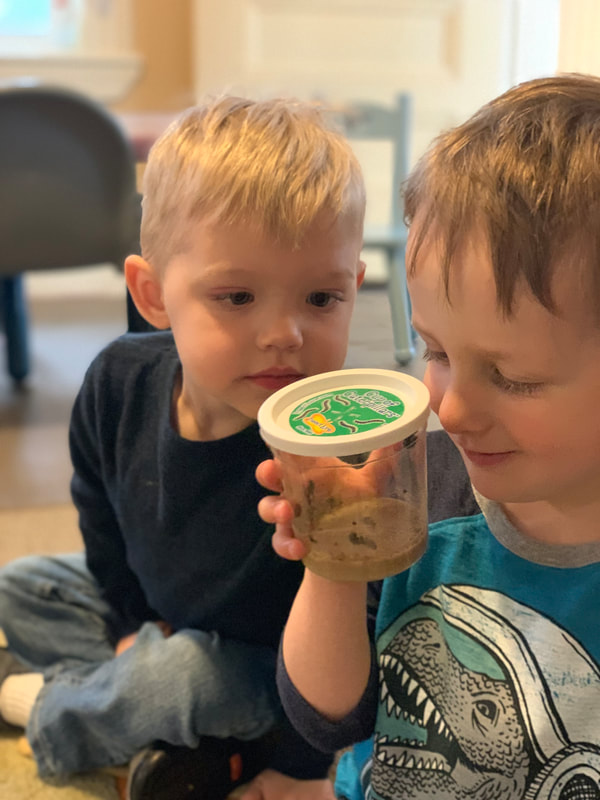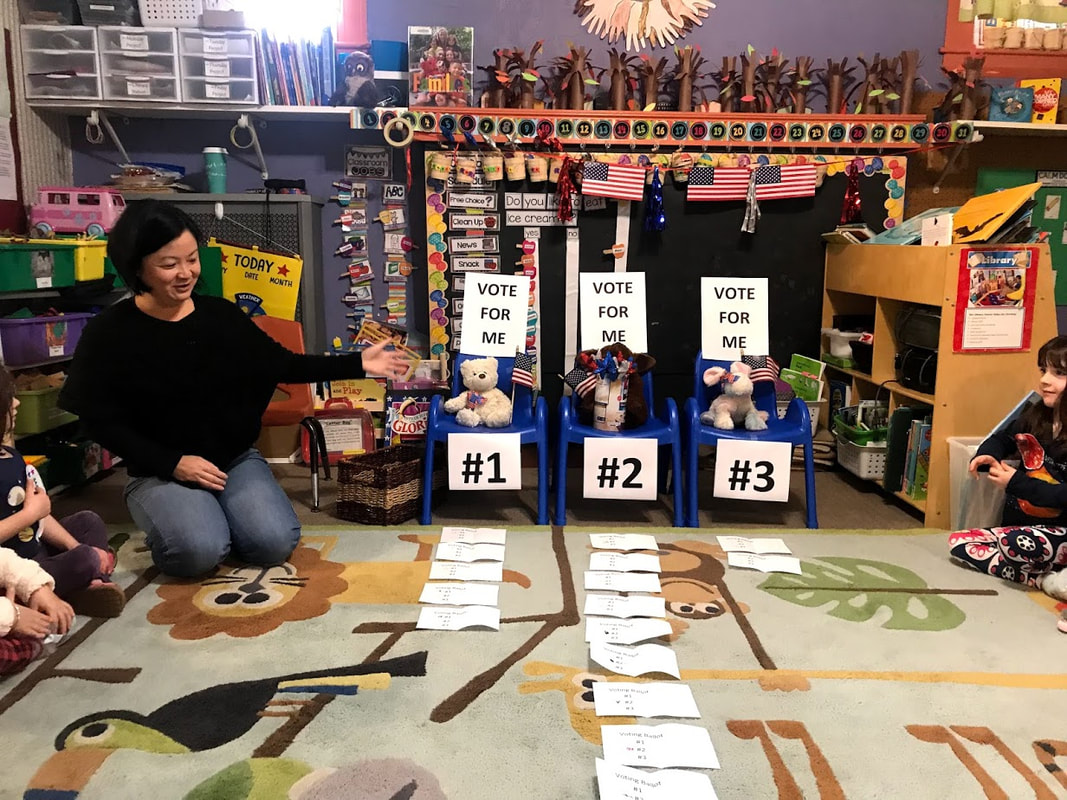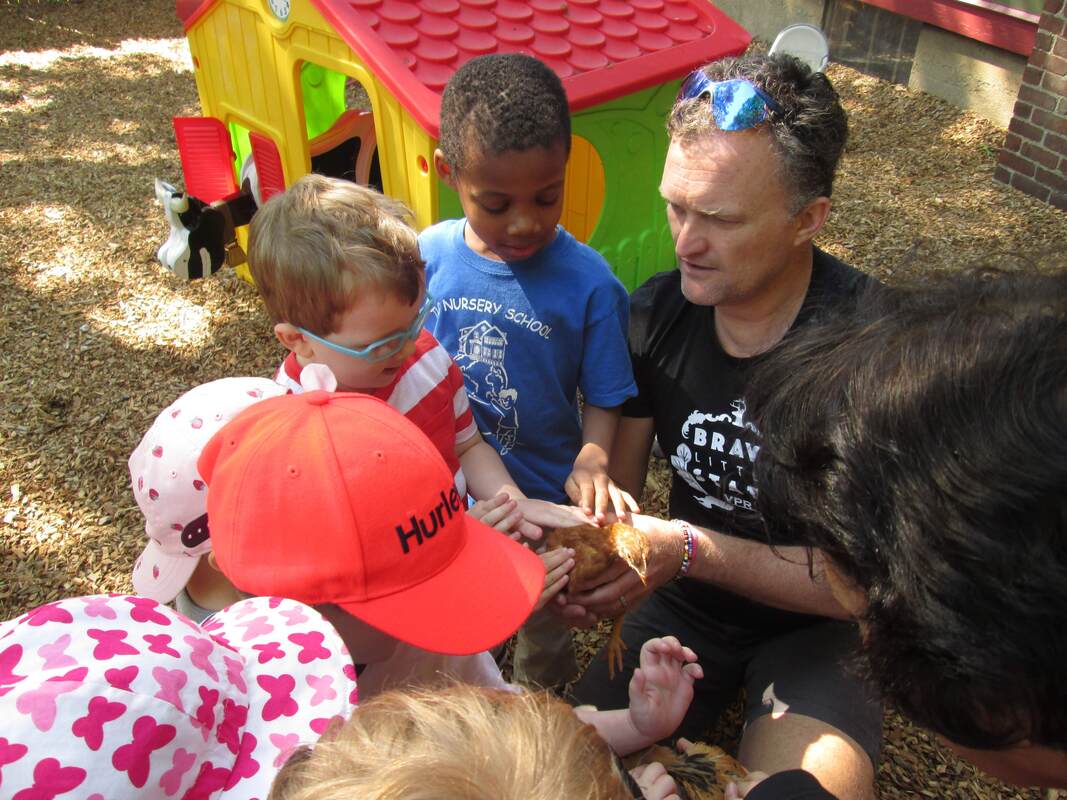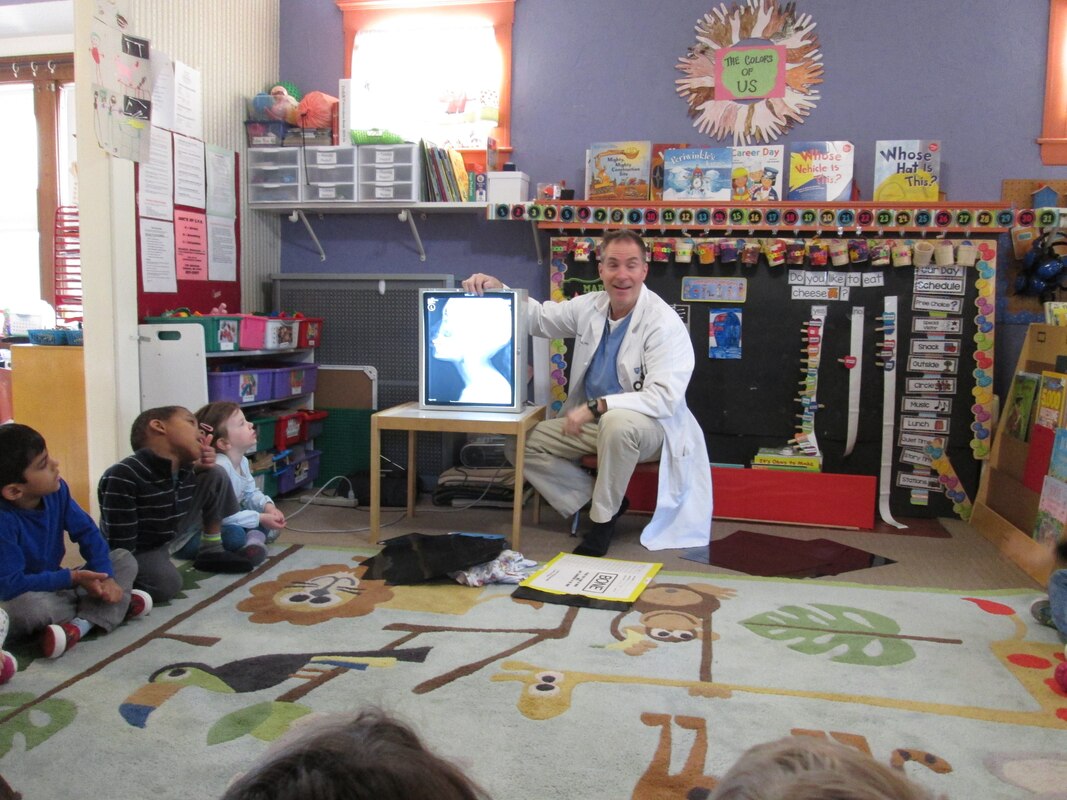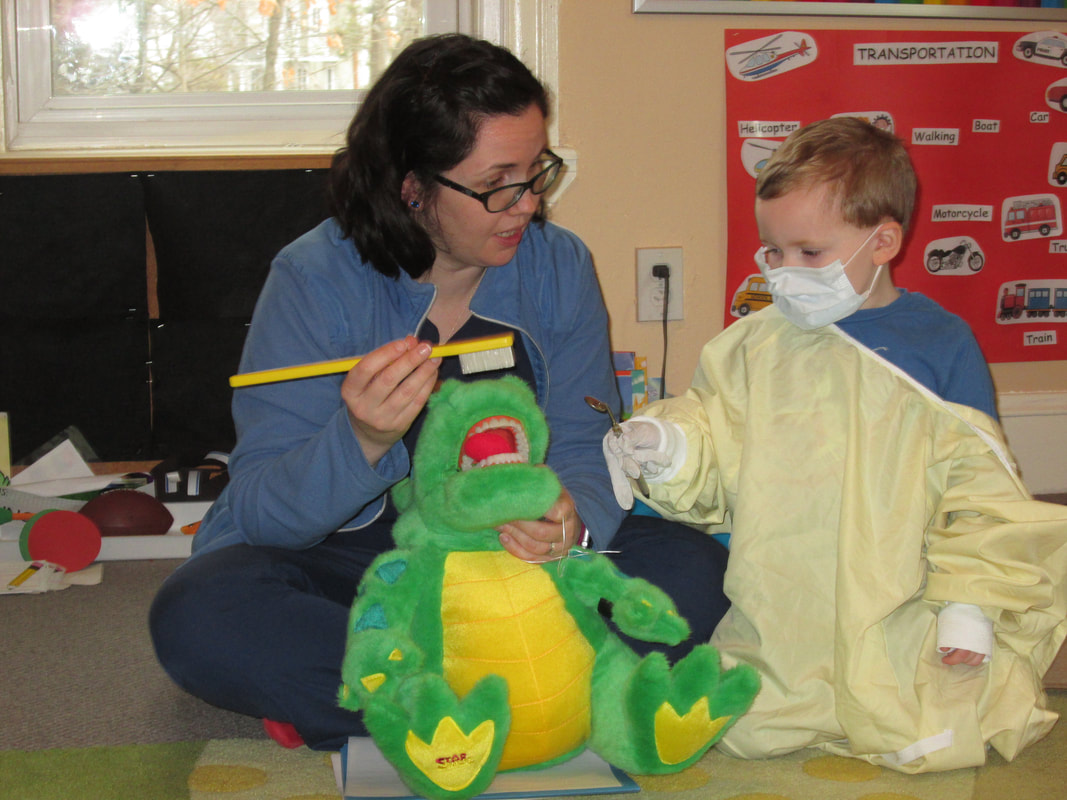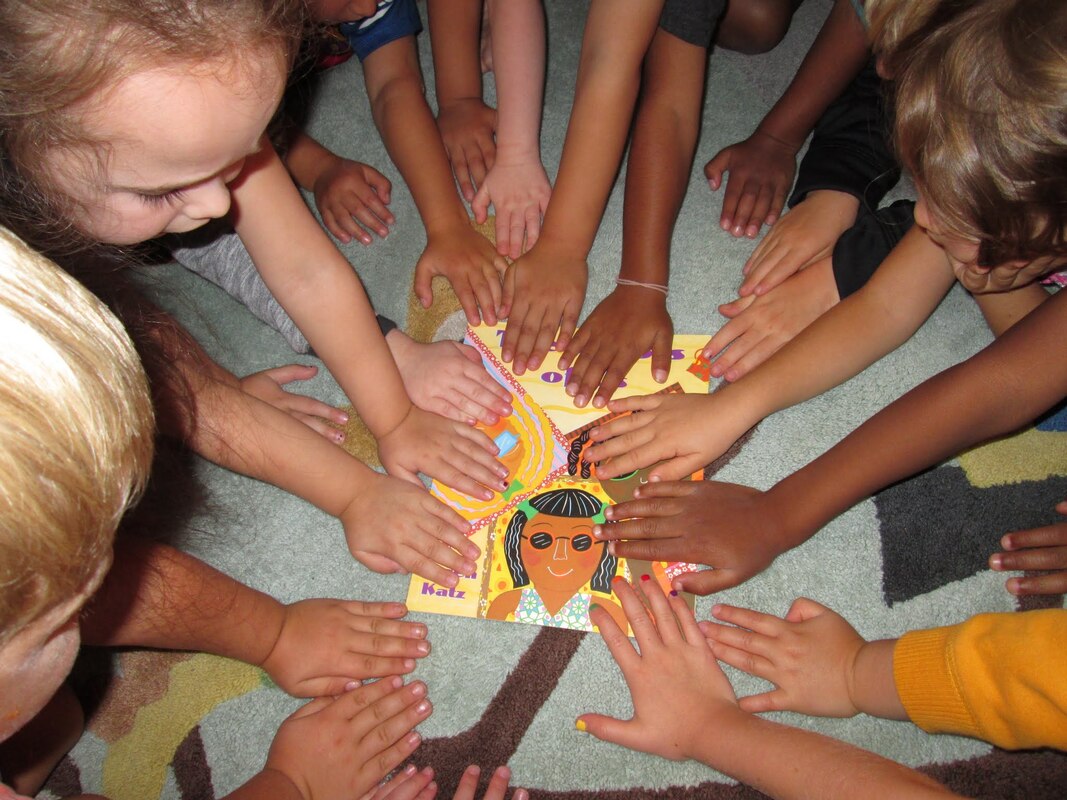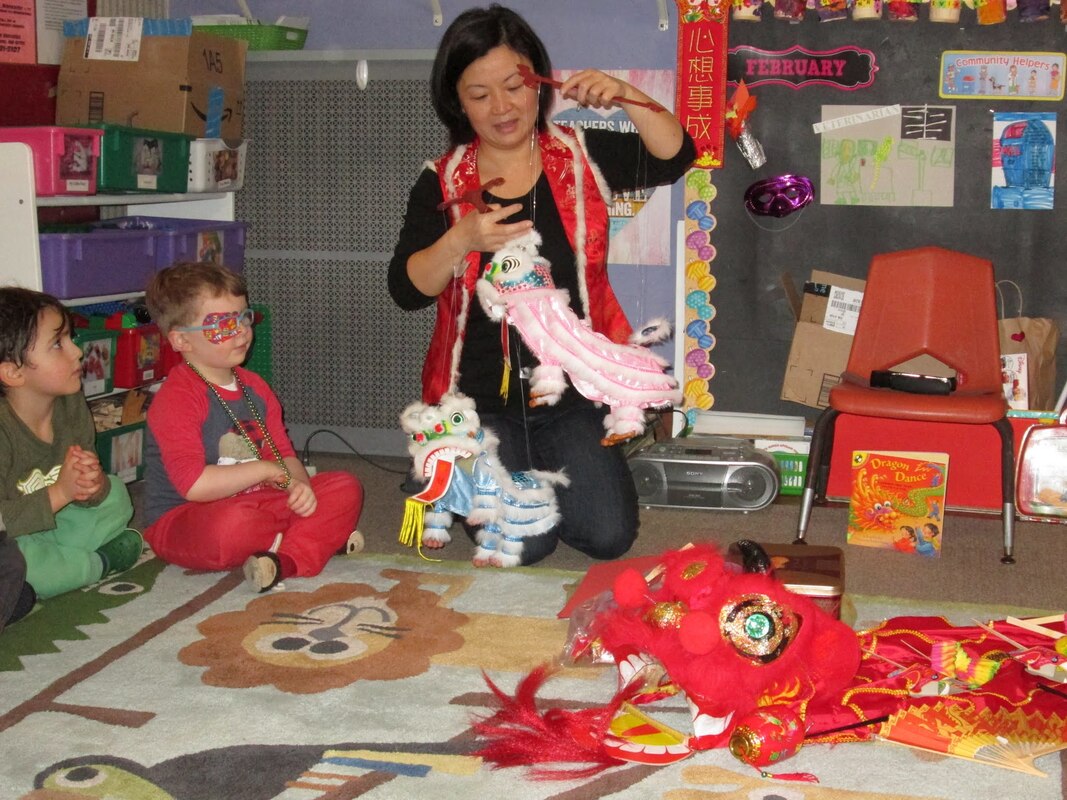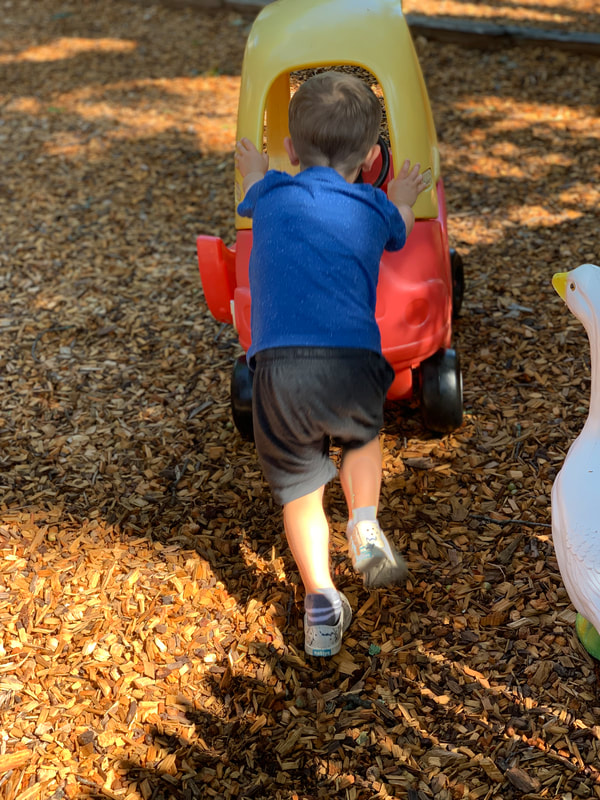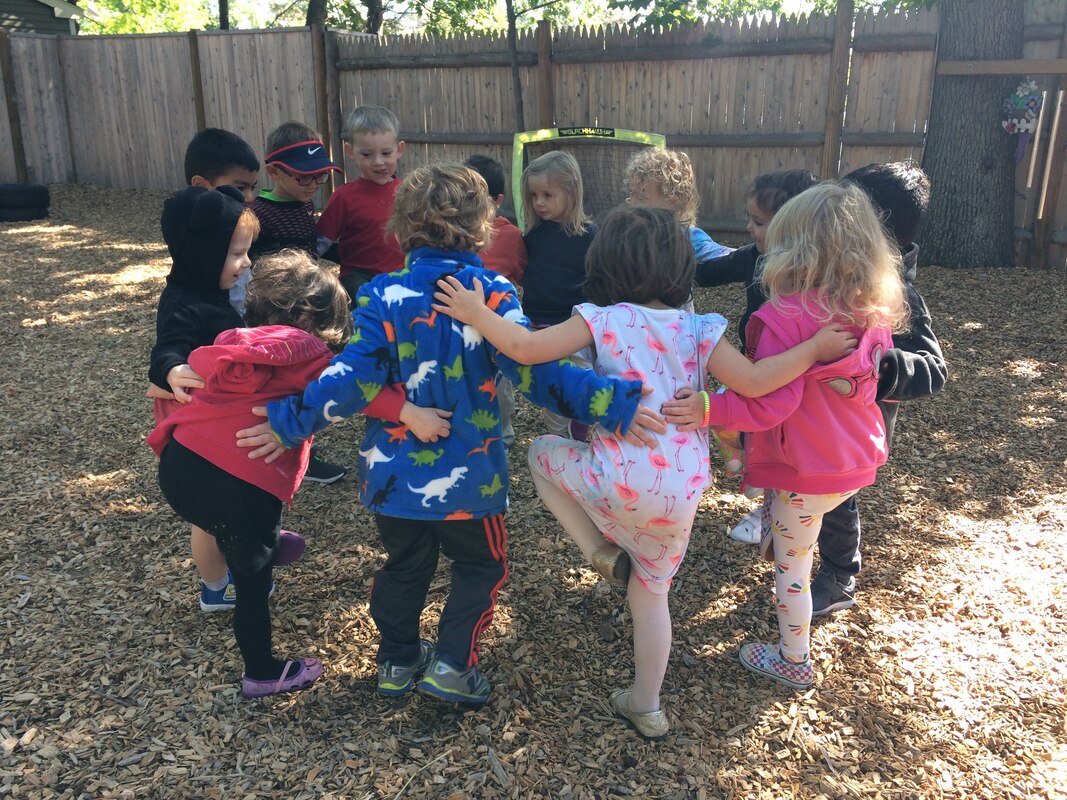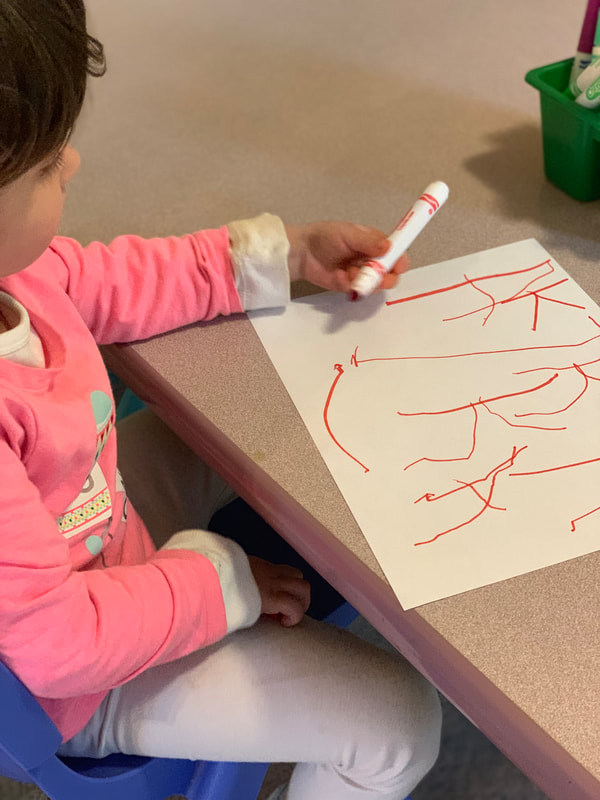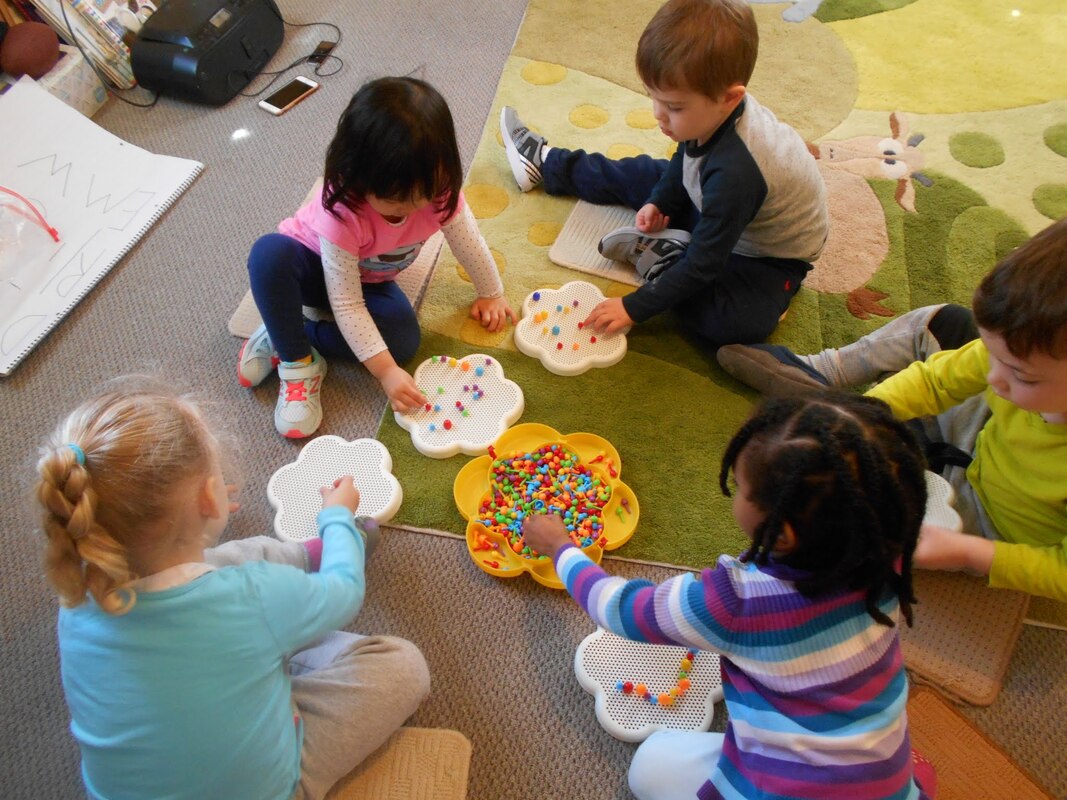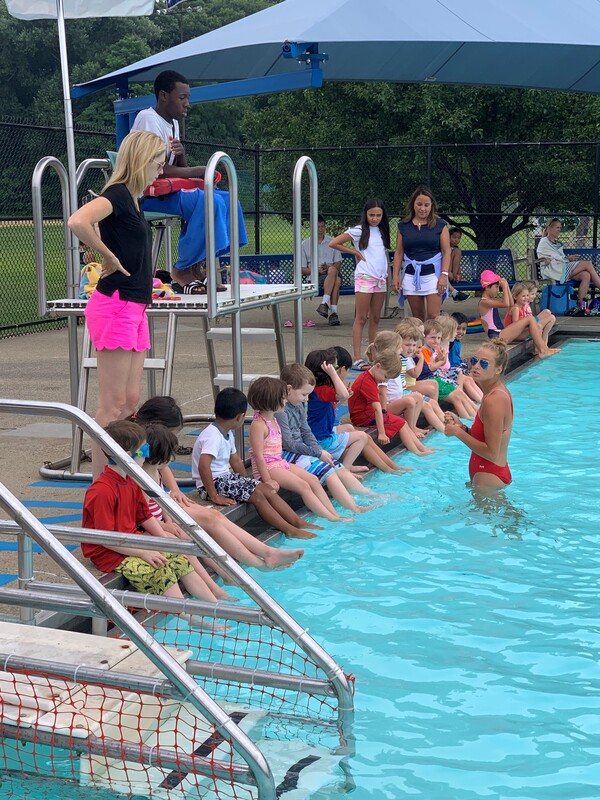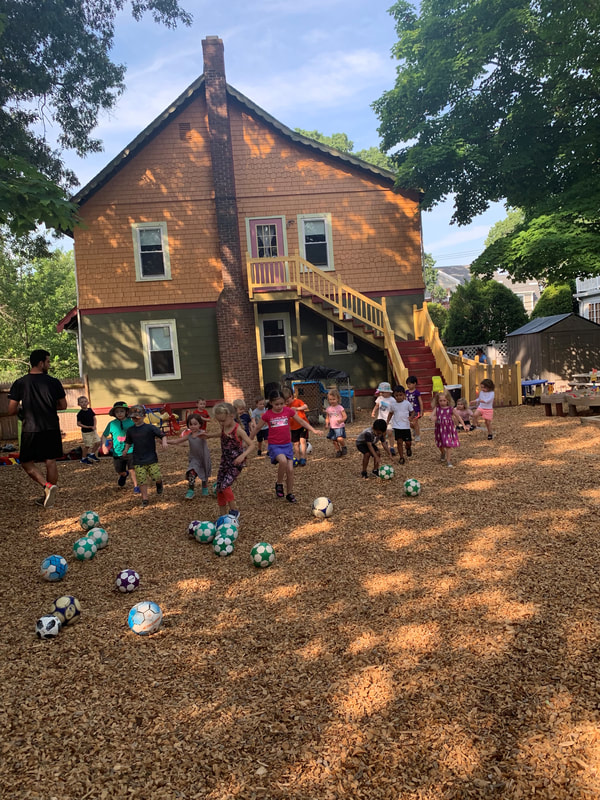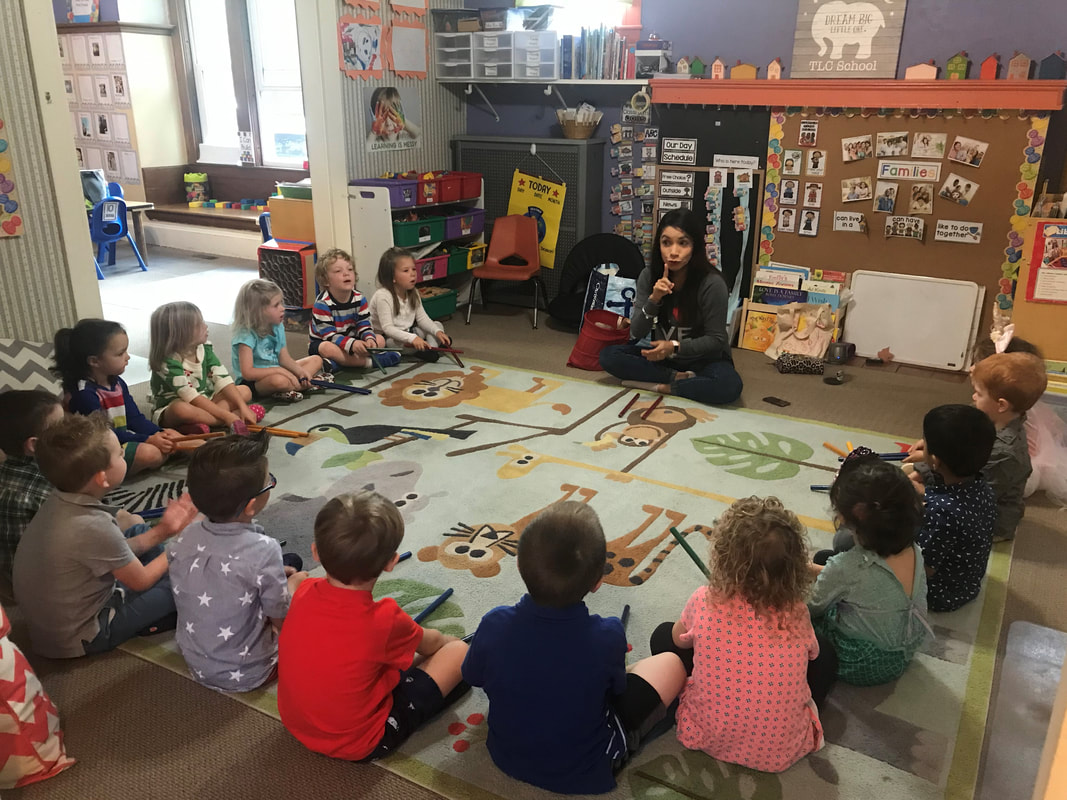Family of learners in our mixed age classrooms
A mixed group classroom is beneficial for ALL children involved. This environment works particularly well in our program at TLC because of the small class sizes. Children are able to receive more one-on-one guidance and assistance when they need it. They feel secure to try new experiences because they know they will have the support they need.
Research as well as, our professional experience show that mixed-age grouping can benefit all children involved. This is especially true for children who spend the majority of their time in an extended-day setting. These benefits include:
Research as well as, our professional experience show that mixed-age grouping can benefit all children involved. This is especially true for children who spend the majority of their time in an extended-day setting. These benefits include:
- Children develop sibling-like bonds that foster care and concern for one another.
- Children are allowed to explore concepts and learn at a rate comfortable to them, and there is no pressure to conform to a group.
- Promotes a good self-concept for every child; younger children enjoy receiving help from older children while older children gain leadership skills, gain confidence in their abilities and serve as mentors to younger children.
- Typically, each child is part of a group for about two years. This way, they receive the benefits of taking on the dependent and leadership roles, respectively.
- The mixed-age setting enhances the child's use of pro-social behaviors. Sharing, giving, turn-taking and showing concerns are more widely demonstrated in this setting.
PLAY-BASED LEARNING:
Play-based learning is learning is one of the most critical areas which we offer in our program.
Play-based learning is learning is one of the most critical areas which we offer in our program.
- Play encourages communication and allows children the opportunity to develop speech and language skills as well as listening skills.
- Play improves cognitive development. Children who in pretend play tend to have more sophisticated levels of interaction with others.
- Play encourages relationship building and improves children's self stem and confidence.
SOCIAL EMOTIONAL LEARNING (SEL):
- Help children gain an understanding of emotions, develop self-control, awareness and interpersonal skills necessary to succeed in all aspects of their life
EARLY LITERACY AND LEARNING:
- Help children develop early reading skills by thinking about what words meanwhile being engaged in talking, singing, and reading and storytelling.
- Recognize and write letters of the alphabet through a multisensory approach geared towards different learning styles.
MATHEMATICAL LEARNING:
- Introduction to concepts of numbers, patterns, spatial awareness through measuring, estimating, and problem-solving.
- Use of blocks and real objects, such as counting cubes, and other concrete materials to help build on mathematical ideas and concepts.
SCIENCE AND EXPLORATION:
- Making predictions and observations.
- Classifying objects into different groups based on various characteristics.
- Participating in baking or play-doh making by helping measure ingredients, mix and making observations of the final product.
SOCIAL STUDIES:
- Safety, transportation, occupations, and community helpers.
- Parents volunteering in the classroom to share their skills and jobs with children (i.e., dentist visit, radiologist reviewing bone x-rays with classrooms, architects, musicians bringing in instruments and many more).
- Parent involvement is a big part of our social studies curriculum at TLC.
MULTICULTURAL EDUCATION:
- Promoting global awareness is our objective for incorporating Spanish.
- Celebrating many diverse family traditions and cultures within our program at TLC. These include families sharing traditions and holidays and children learning about different holidays around the world and what they have in common.
PHYSICAL ACTIVITIES: GROSS MOTOR AND FINE MOTOR:
- Gross motor activities in a nature-based playground to promote imagination and group play.
- Indoor yoga sessions and creative movement games that promote listening skills and following through with instructions.
EXTRACURRICULAR ACTIVITIES
- ABC Spanish in Motion
- All extracurricular activities are optional and taught by professional educators and some activities require additional fees.
Toddler Loving Care Nursery School copyright 2014
Proudly powered by Weebly
